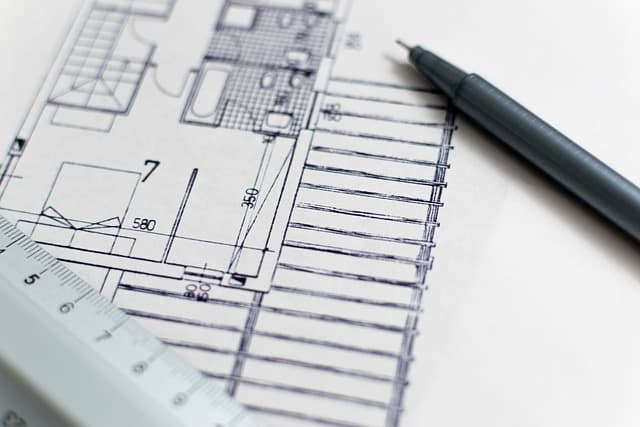
How to Manage Construction Schedules and Delays in Real Estate Development
Introduction
Construction schedules are an essential part of real estate development. They help to ensure that projects are completed on time and within budget. However, managing construction schedules can be challenging, especially when delays occur. In this article, we will discuss how to manage construction schedules and delays in real estate development.
What are Construction Schedules?
Construction schedules are detailed plans that outline the timeline for a construction project. They include information about when each task will be completed, who will be responsible for completing it, and what resources will be needed. Construction schedules are essential for ensuring that projects are completed on time and within budget.
There are several types of construction schedules, including Gantt charts, critical path schedules, and milestone schedules. Each type of schedule has its advantages and disadvantages, and the choice of schedule will depend on the specific needs of the project.
How to Manage Construction Schedules
Managing construction schedules requires careful planning and attention to detail. Here are some tips for managing construction schedules effectively:
- Develop a detailed schedule: A detailed schedule should include all tasks, deadlines, and resources needed for the project. It should also include contingency plans for unexpected delays.
- Assign responsibilities: Each task should be assigned to a specific person or team responsible for completing it. This will help to ensure that everyone knows what they need to do and when.
- Monitor progress: Regular monitoring of progress is essential for ensuring that the project stays on track. This can be done through regular meetings, progress reports, and site visits.
- Communicate effectively: Effective communication is essential for managing construction schedules. All stakeholders should be kept informed of progress, delays, and changes to the schedule.
- Use technology: There are many software tools available for managing construction schedules. These tools can help to automate tasks, track progress, and identify potential delays.
Dealing with Delays
Despite careful planning, delays can still occur during construction projects. Dealing with delays requires a proactive approach and effective communication. Here are some tips for dealing with delays:
- Identify the cause of the delay: The first step in dealing with a delay is to identify the cause. This will help to determine the best course of action.
- Develop a plan: Once the cause of the delay has been identified, a plan should be developed to address it. This may involve rescheduling tasks, reallocating resources, or bringing in additional help.
- Communicate with stakeholders: All stakeholders should be kept informed of the delay and the plan to address it. This will help to manage expectations and minimize the impact of the delay.
- Monitor progress: Regular monitoring of progress is essential for ensuring that the delay is being addressed effectively.
- Adjust the schedule: If the delay is significant, the schedule may need to be adjusted to reflect the new timeline.
FAQs
What is a construction schedule?
A construction schedule is a detailed plan that outlines the timeline for a construction project. It includes information about when each task will be completed, who will be responsible for completing it, and what resources will be needed.
Why are construction schedules important?
Construction schedules are important for ensuring that projects are completed on time and within budget. They help to identify potential delays and ensure that resources are allocated effectively.
What should I do if there is a delay in my construction project?
If there is a delay in your construction project, you should identify the cause of the delay, develop a plan to address it, communicate with stakeholders, monitor progress, and adjust the schedule if necessary.
Conclusion
Managing construction schedules and delays is essential for successful real estate development. By developing a detailed schedule, assigning responsibilities, monitoring progress, communicating effectively, and using technology, you can ensure that your project stays on track. If delays do occur, a proactive approach and effective communication can help to minimize their impact. Remember to always be prepared for unexpected delays and have contingency plans in place. By following these tips, you can manage construction schedules and delays effectively and ensure the success of your real estate development project.